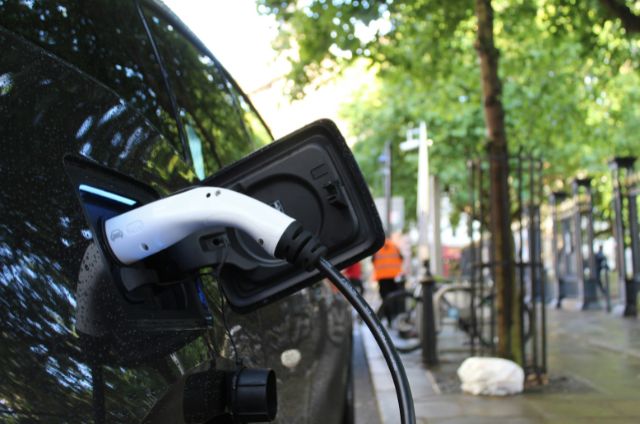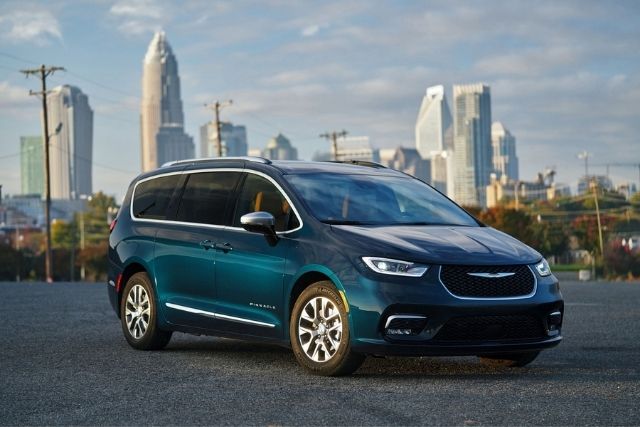Toyota is seriously contemplating the future of its gasoline-powered vehicles in the U.S. market. With electrification on the rise, the automaker is considering whether to completely phase out pure internal combustion engine (ICE) vehicles. It’s a move that reflects broader trends in consumer preferences and regulatory pressures toward more sustainable transportation options.
In September, electrified models—including hybrids, plug-in hybrids, and hydrogen fuel-cell vehicles—accounted for an impressive 48% of Toyota’s U.S. sales. This figure marks a notable increase from just 20% two years ago. It indicates a growing acceptance and demand for alternative fuel vehicles. As Toyota’s chief scientist Gill Pratt mentioned, the company’s consideration of phasing out pure gasoline vehicles indicates a notable change.
Hybrid Models Leading the Charge
Much of Toyota’s sales success in the electrification realm can be attributed to its hybrid models. The automaker has strategically introduced hybrid powertrains across nearly its entire U.S. lineup. Iconic vehicles like the Toyota Camry, Sequoia, Sienna, and the newly revamped Land Cruiser are now available exclusively as hybrids. It showcases Toyota’s commitment to reducing carbon emissions while still meeting consumer demand for reliable and fuel-efficient vehicles.
No More Pure Gas Cars
The future of Toyota is clearly leaning towards electric vehicles; no more pure gas cars. The company has ambitious plans to launch a three-row electric SUV in 2026, manufactured at a new facility in Kentucky. This upcoming model aims to cater to the growing demand for family-friendly electric SUVs. Toyota is enhancing its battery production capabilities, with a new factory in North Carolina slated to supply batteries for its EVs. Moreover, the company recently announced plans to ramp up EV production significantly by 2026. It is exploring innovative solid-state battery technology, which could revolutionize energy storage in the automotive sector.
As Toyota navigates this pivotal moment in its history, the decision to potentially phase out pure gas vehicles underscores the automaker’s commitment to sustainability and adaptation in a rapidly changing industry. With EVs leading the charge and new electric offerings on the horizon, Toyota will remain a key player in the global automotive market. The company’s proactive approach not only aligns with consumer trends but also sets the stage for a cleaner, more sustainable future in transportation.



